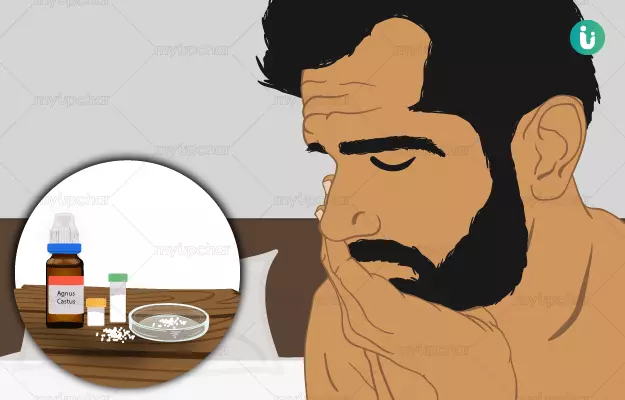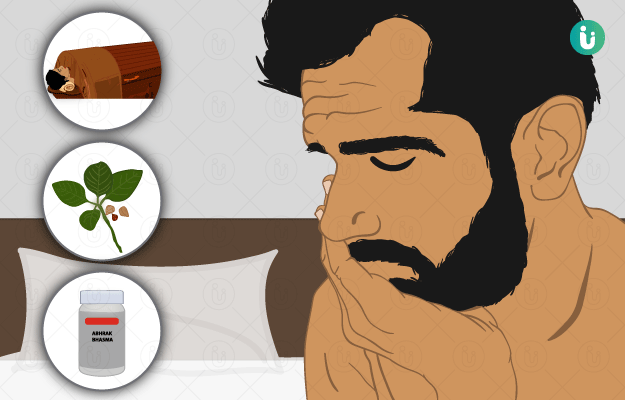Spermatorrhoea or dhat syndrome falls under the category of culture-bound syndromes and specific neurotic disorders. In this syndrome, an individual experiences overt anxiety and concern due to excessive semen loss at night. Afflicted by the existing belief system, the individual believes that the loss of semen equates to loss of blood (a vital fluid), which is harmful to both the physical and mental well-being. Constant anxiety eventually manifests in the form of weakness, tiredness, depression, nervousness and loss of appetite. Spermatorrhea symptoms last from 3 months to as long as 20 years in some cases.
Individuals affected by spermatorrhoea are generally young, recently married, belonging to lower socio-economic strata and from families that have a conservative approach towards sex. Spermatorrhoea may also be an associated symptom of erectile dysfunction, premature ejaculation, and hypochondriasis. According to modern medicine, spermatorrhoea is related to neurosis, orchitis, prostatitis or spermatocystitis.
Homeopathic treatment plays an effective role in the management of spermatorrhoea or dhat syndrome. Common remedies that are used for spermatorrhoea symptoms include agnus castus, caladium, gelsemium, lycopodium, nux vomica, phosphoric acid, selenium and staphysagria. Individual characteristics of a patient’s personality and physiology are considered along with disease symptoms before a suitable remedy is selected.





























